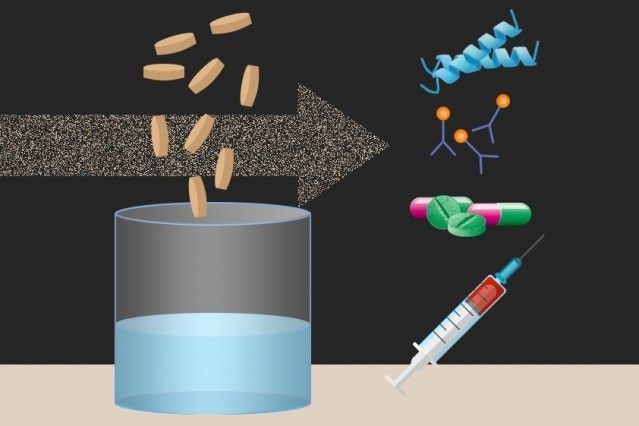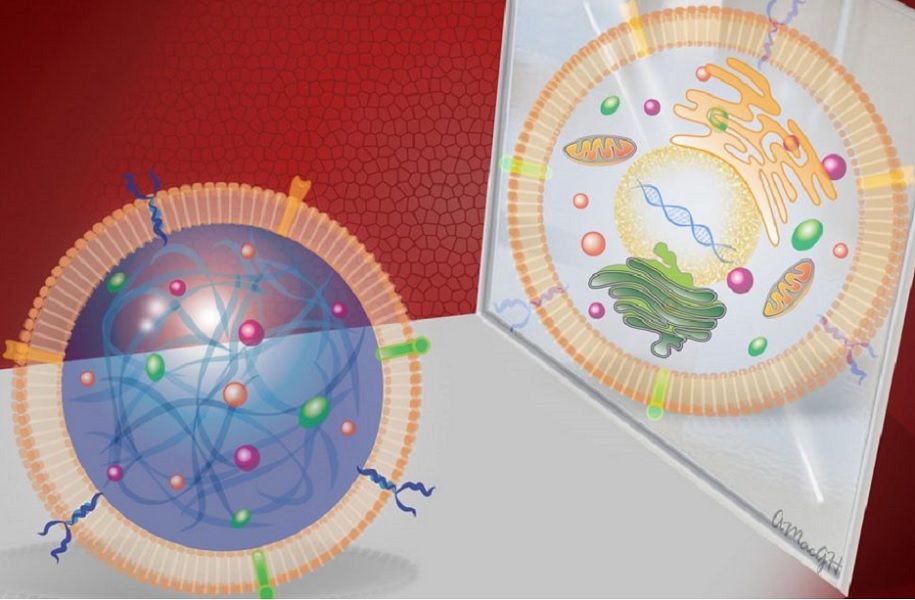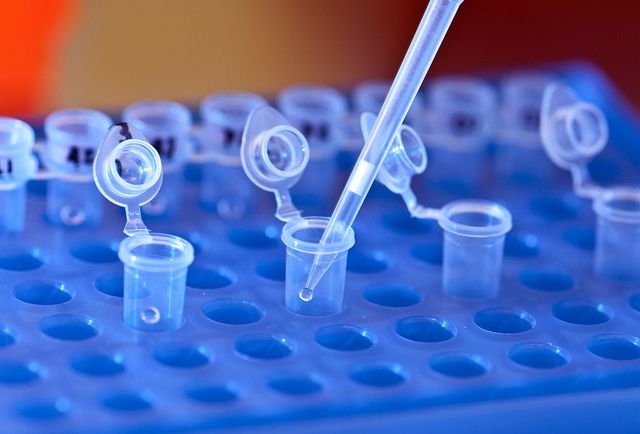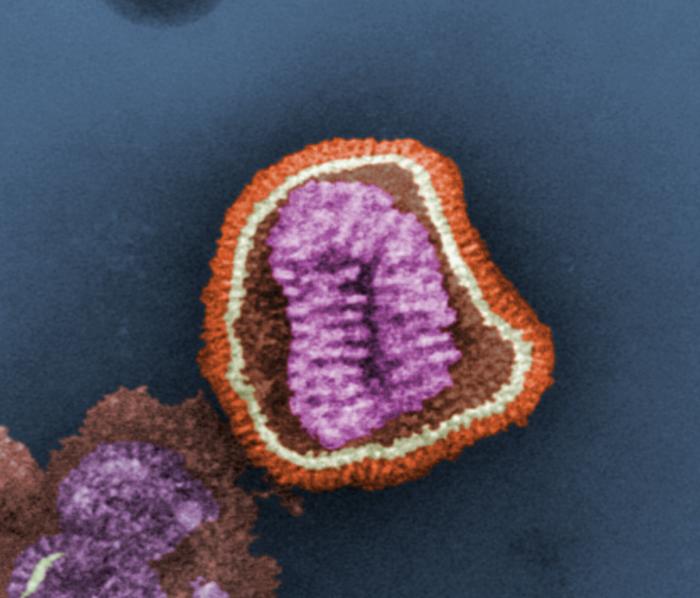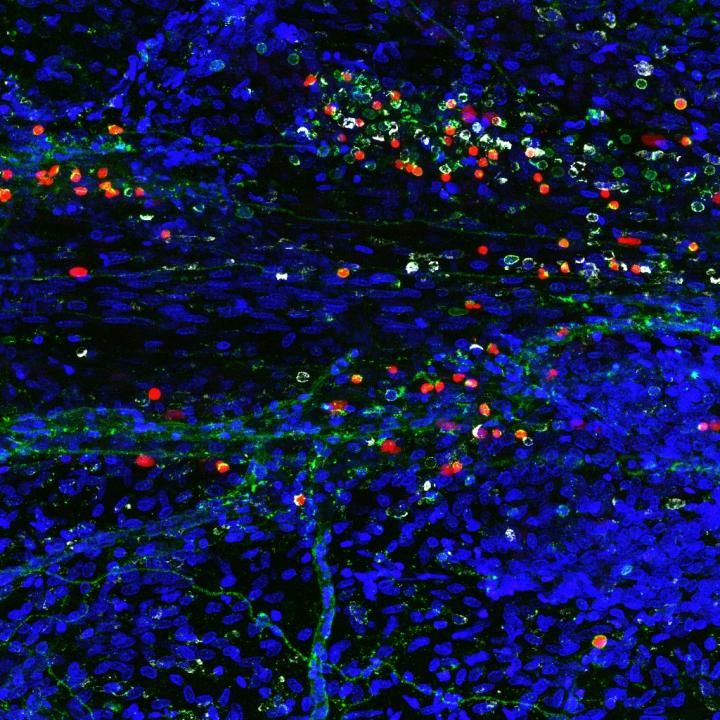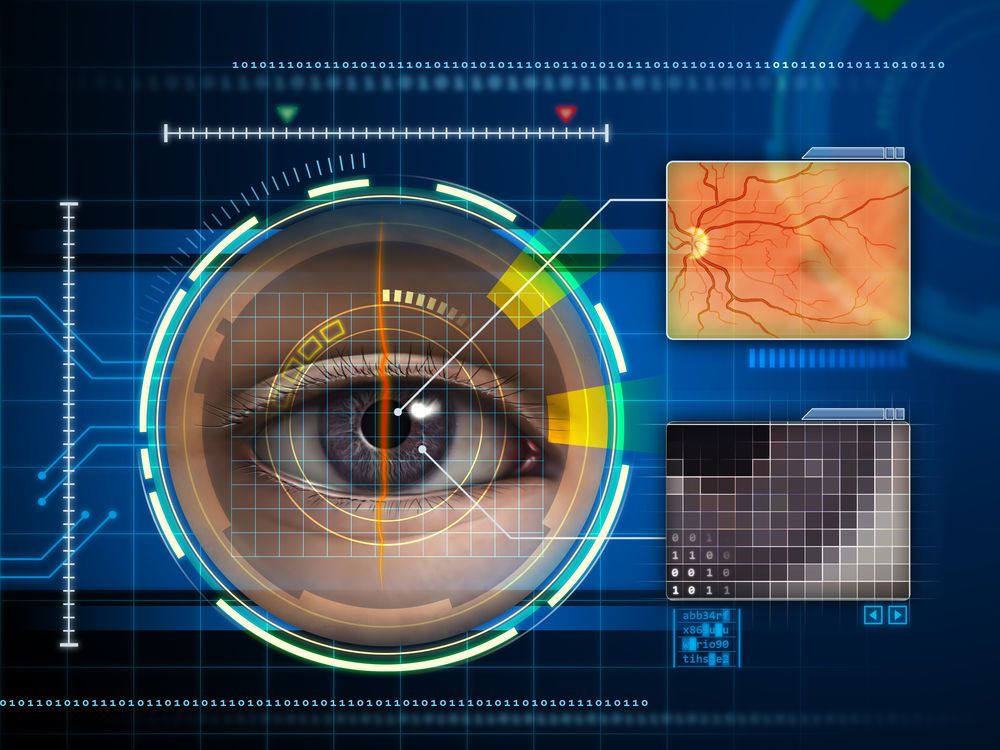Dec 30, 2016
To produce biopharmaceuticals on demand, just add water
Posted by Karen Hurst in categories: biotech/medical, nanotechnology
My infomercial of the day — “just ad water and Ta-dah, you have a vaccine!”
http://thejerseytomatopress.com/stories/To-produce-biopharma…water,1851
Researchers at MIT and other institutions have created tiny freeze-dried pellets that include all of the molecular machinery needed to translate DNA into proteins, which could form the basis for on-demand production of drugs and vaccines. Image: Christine Daniloff/MIT. Antimicrobial peptide illustration by Ymahn/Wikimedia Commons.
Continue reading “To produce biopharmaceuticals on demand, just add water” »
